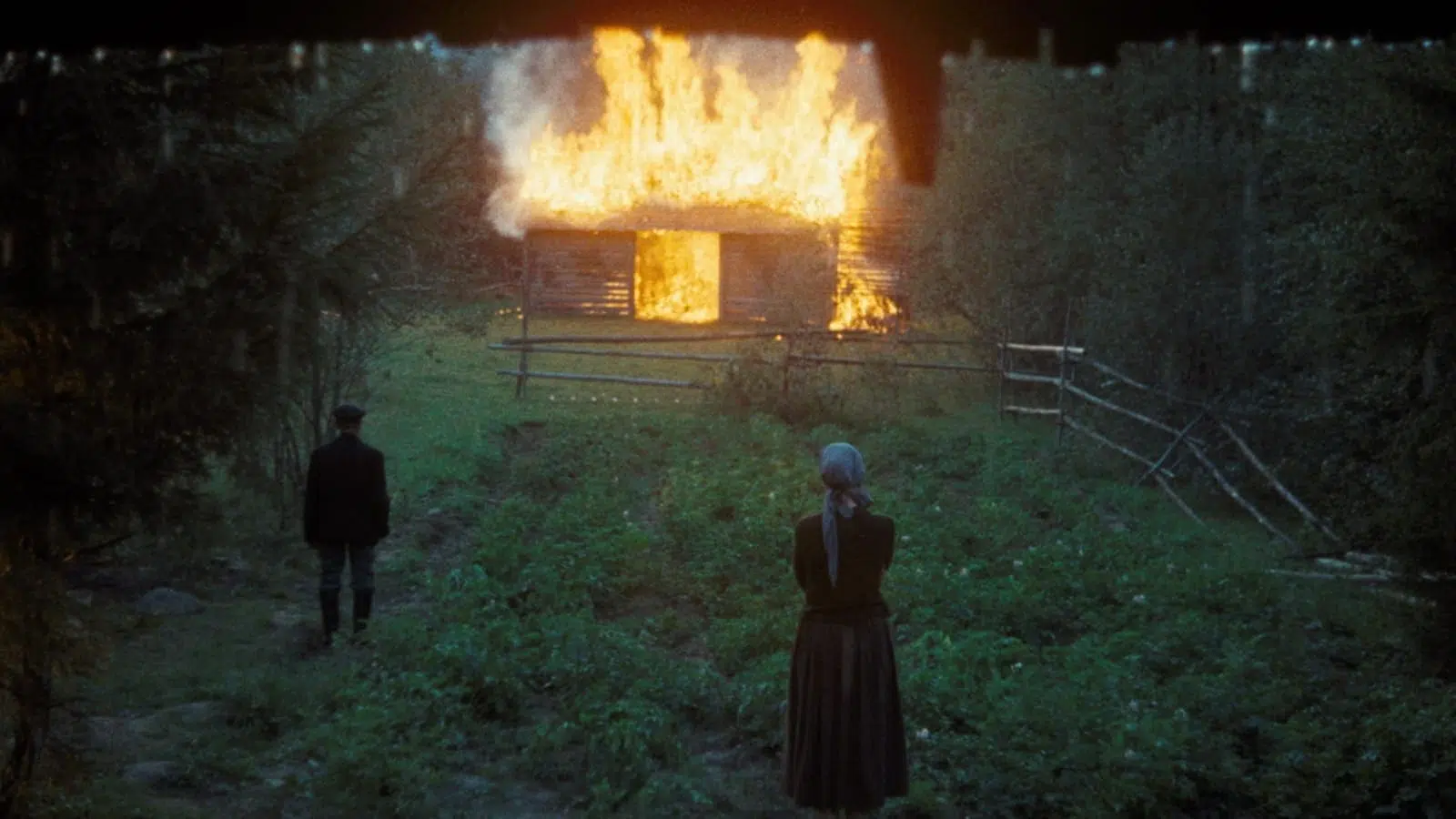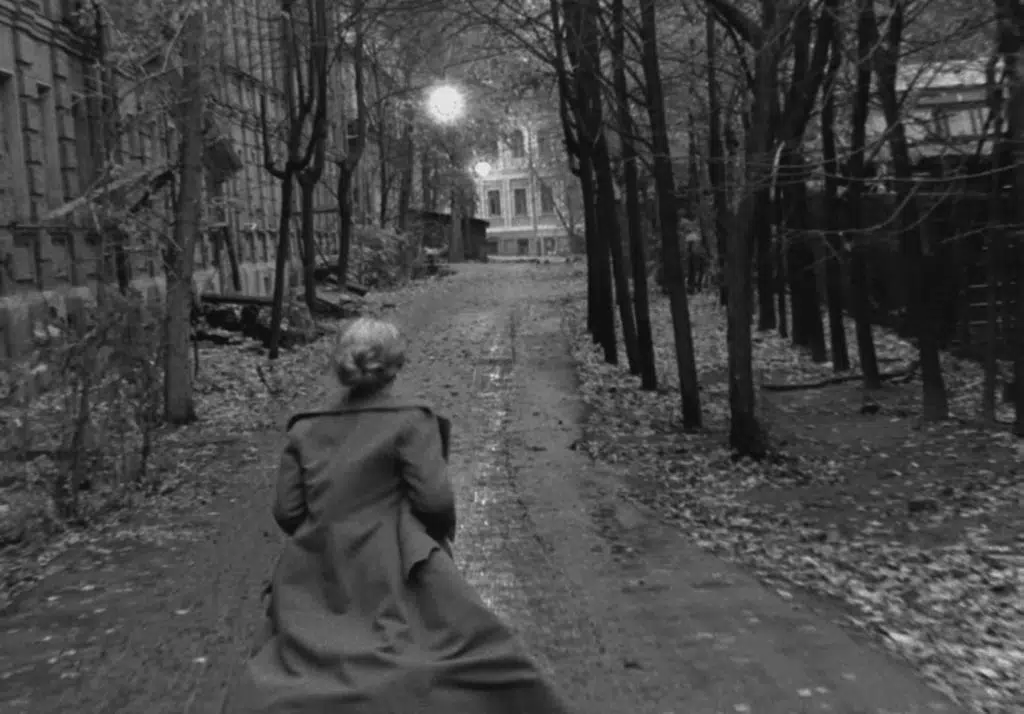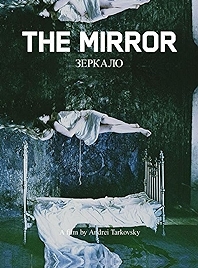The 2012 Greatest Films of All Time poll, conducted every decade by Sight and Sound magazine, has Andrei Tarkovsky’s Mirror at number 19. On the Critics’ Poll, at any rate. The poll of directors places it even higher, at number 9.
So directors like it more than critics, who like it more than the general public, I’m guessing. Because Mirror is a non-linear, plotless affair, a ruminative, nostalgic bask in the past, autobiographical to a large extent, tracing, hopscotch style, Tarkovsky’s early life with a young mother and an absent father – the war was on and dad was fighting the Nazis. The word “oneiric” (dreamlike) is often wheeled out.
It’s been called Tarkovsky’s attempt at a Proustian memoir, along the lines of À la Recherche du Temps Perdu, and it comes as no massive surprise to find it is the work of a man in his mid 40s, suddenly realising that he has less in front of him than behind him, though perhaps it’s more surprising to discover that Tarkovsky had been sketching out ideas for it since he was in his early 30s.
He also worked and reworked it once he’d shot it. Mirror (Zerkalo in the original Russian) is Tarkovsky’s 33rd edit of the original footage. Whether the other 32 versions of the same film would really be very different is mere speculation but the piecemeal nature of the film seems to have been Tarkovsky’s intention all along.
It jumps, from one person to another, from one time to another, from black and white to colour and back again, starting with a shot of a child turning on a TV – a classic “intro” – then moves into the TV itself, where a teenager is being cured of his stutter by hypnosis, and then moves again, to a lyrically beautiful rural scene, where a young mum sitting on a wooden fence is approached by a stranger, a doctor, he says, babbling away constantly as he tries to chat her up. Margarita Terekhova plays the young mum, and also another character, Natalya, in a film where one actor is quite likely to play more than one role, which seems designed either to wrongfoot the viewer or to encourage them to let go and float free.
Suddenly the mother is an old woman, suddenly young Aleksei (who must be the Tarkovsky stand-in) isn’t five but 12, and played by another actor. Suddenly he’s grown up and delivering voiceover narration, or is that the father? Suddenly, in a room off a room, we’re in the company of different people, at a different time. Suddenly filmed footage has been replaced by documentary newsreel, of Russian cities being evacuated, or soldiers fighting on the front. Here’s a burning barn, a burning bush (fire and water feature a lot), here’s a rally for Chairman Mao.
The documentary footage apart, the imagery is exquisite – in black and white and in colour – with Tarkovsky pausing here and there as if to say “here, look at this”, a shot of lace fluttering in the wind, or light behind a girl’s hand rendering it translucent, or little Aleksei drinking milk from a jug. At times the colour looks almost as if it’s been hand tinted. At others as if the images had been lifted from Dutch Old Masters.
Tarkovsky tells us explicitly (or as near as Tarkovsky’s ever going to get to explicitly) what he’s about. In one scene a child (Aleksei, I think) flicks through a book, stopping here and there on a striking image, ignoring the text in between. The film is like that too, mining the memory of its creator for magical moments. At another point an offscreen man’s voice (meant to be Tarkovsky’s father, though again this could be wrong) says, “A book is not a way of making money but a statement,” echoing Tarkovsky’s own belief that “a film is not the next item in your career, it is an action which will affect the whole of your life”.
It could go on for ever, though it doesn’t, and isn’t a long film by Tarkovsky’s standards (around 1 hr 45 mins). And it ends with the camera receding into the forest and the image getting darker as it goes. A conventional finish to a film that also started entirely conventionally, a sandwich with a very exotic filling.
Mirror – Watch it/buy it at Amazon
I am an Amazon affiliate
© Steve Morrissey 2022


